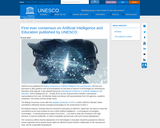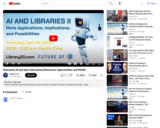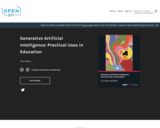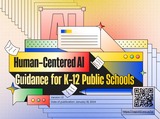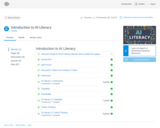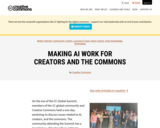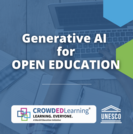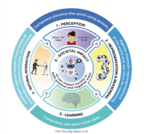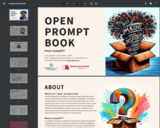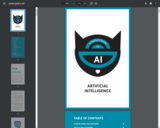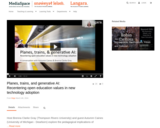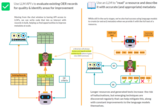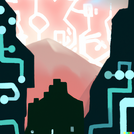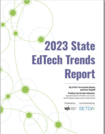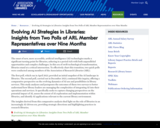
The onset of new, more accessible, artificial intelligence (AI) technologies marks a significant turning point for libraries, ushering in a period rich with both unparalleled opportunities and complex challenges. In this era of swift technological transformation, libraries stand at a critical intersection. To effectively chart this transition, two quick polls were conducted among members of the Association of Research Libraries (ARL).
The first poll, which ran in April 2023, provided an initial snapshot of the AI landscape in libraries. The second poll, carried out in December 2023, continued this inquiry, offering a comparative perspective on the evolving dynamics of AI use and possibilities in library services. This study analyzes and juxtaposes the outcomes of these two surveys to better understand how library leaders are managing the complexities of integrating AI into their operations and services. It specifically seeks to capture changing perspectives on the potential impact of AI, assess the extent of AI exploration and implementation within libraries, and identify AI applications relevant to the current library environment.
The insights derived from this comparative analysis shed light on the role of libraries in an increasingly AI-driven era, providing strategic directions and highlighting practices in research libraries.
- Subject:
- Applied Science
- Computer Science
- Information Science
- Material Type:
- Reading
- Author:
- Cynthia Hudson Vitale
- Leo S. Lo
- Date Added:
- 04/03/2024
